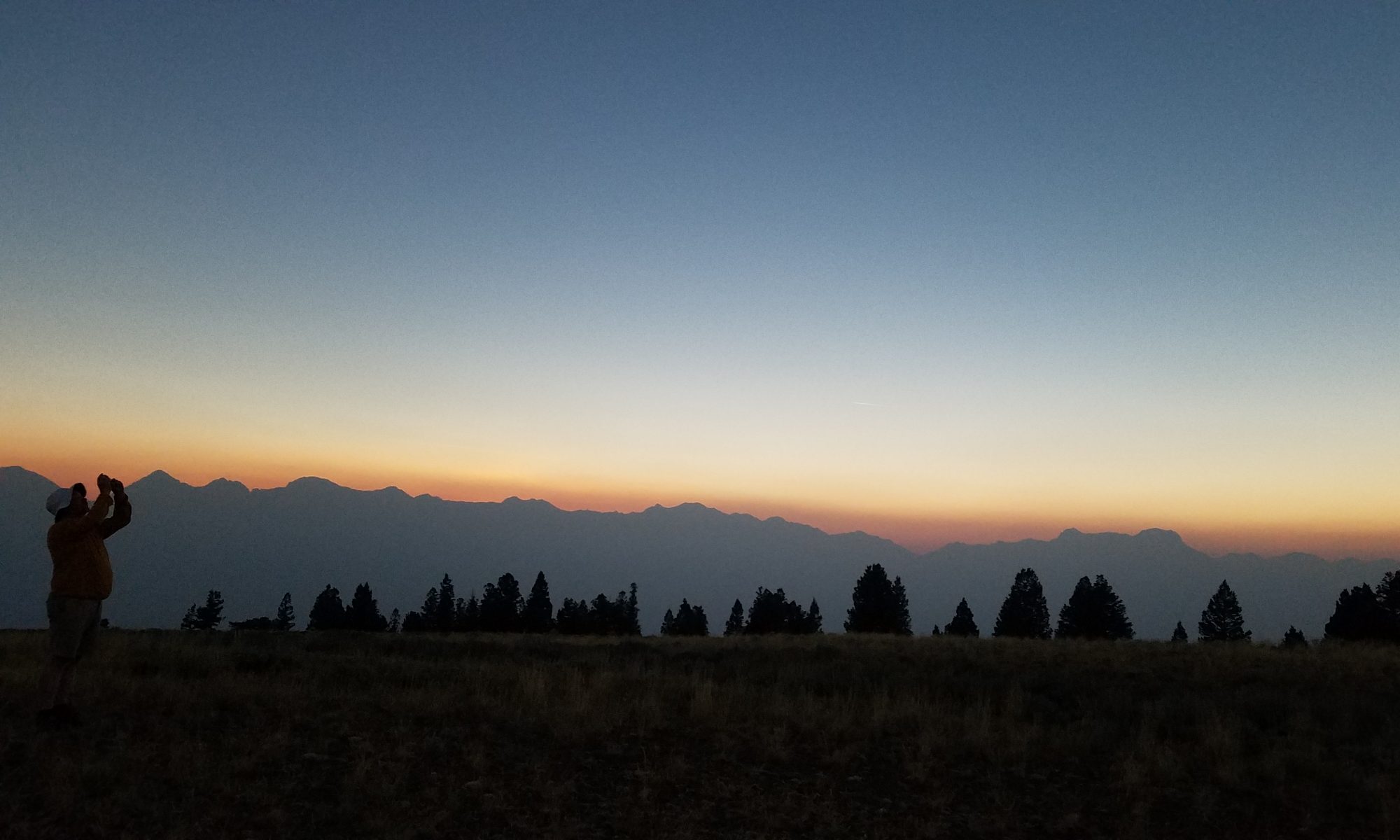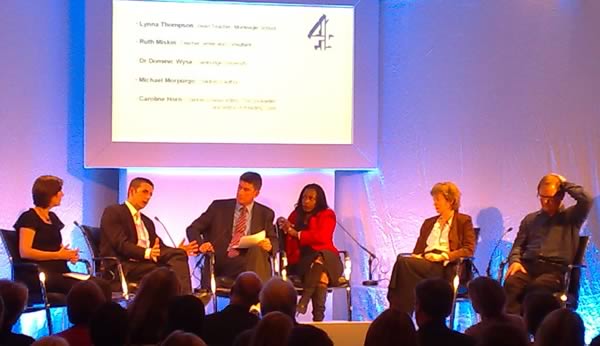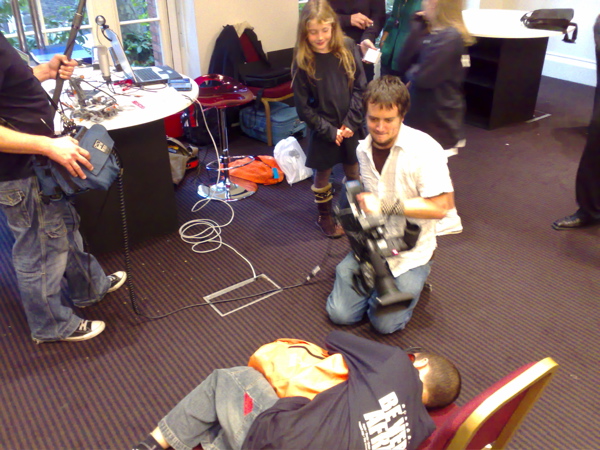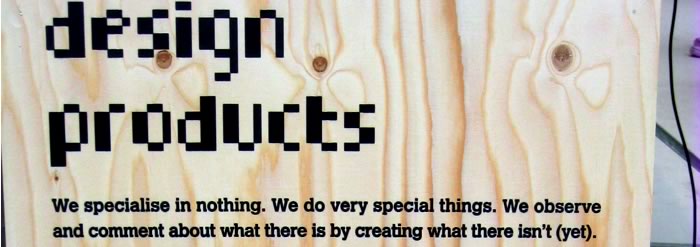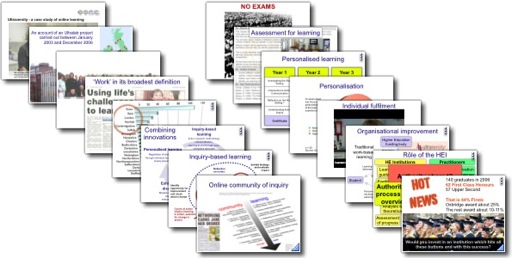
In my spare time :), I am transcribing the interviews with Ultraversity graduates at the graduation ceremony in Chelmsford on November 24th 2006. Greta has done the mass of the transcribing, I am editing and very nearly finished.
It is compelling stuff:
“I just could never envisage myself here, with the degree because I always thought I wasn’t an academic”
“that is right”
“because the books didn’t mean much to me but actually reading and putting everything into work experience”
“it came alive to me. Is that what happened to you?”
“It did to me. And I think the main, the one other thing that really helped me when I was working with Ultraversity”
“was the learning journal, logging everything down and every experience”
“I still do that, do you? Do you still do that?”
“Yes, I do. It is very hard to get out of the habit and I think it is a good learning curve”
“to be able to have that and to be able to refer back, whether it’s written or whether it’s tapes or whatever. You got it there.”
“And it is a great evidence as well, isn’t it for everything you do: in workplace, home learning”
“That is right.”
These kind of remarks make me very very proud of our endeavours over the last three years.
